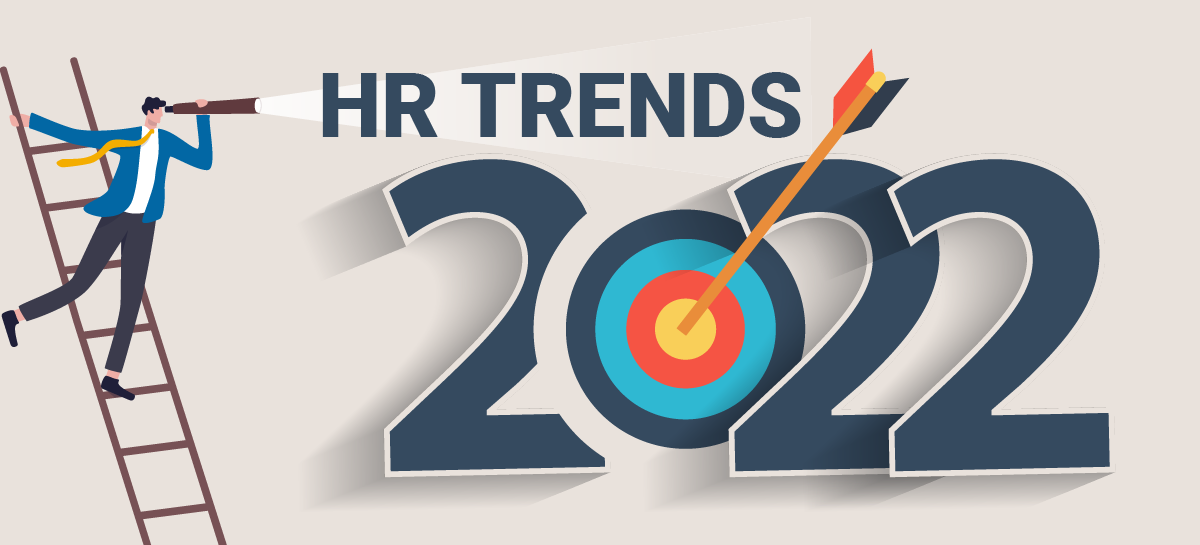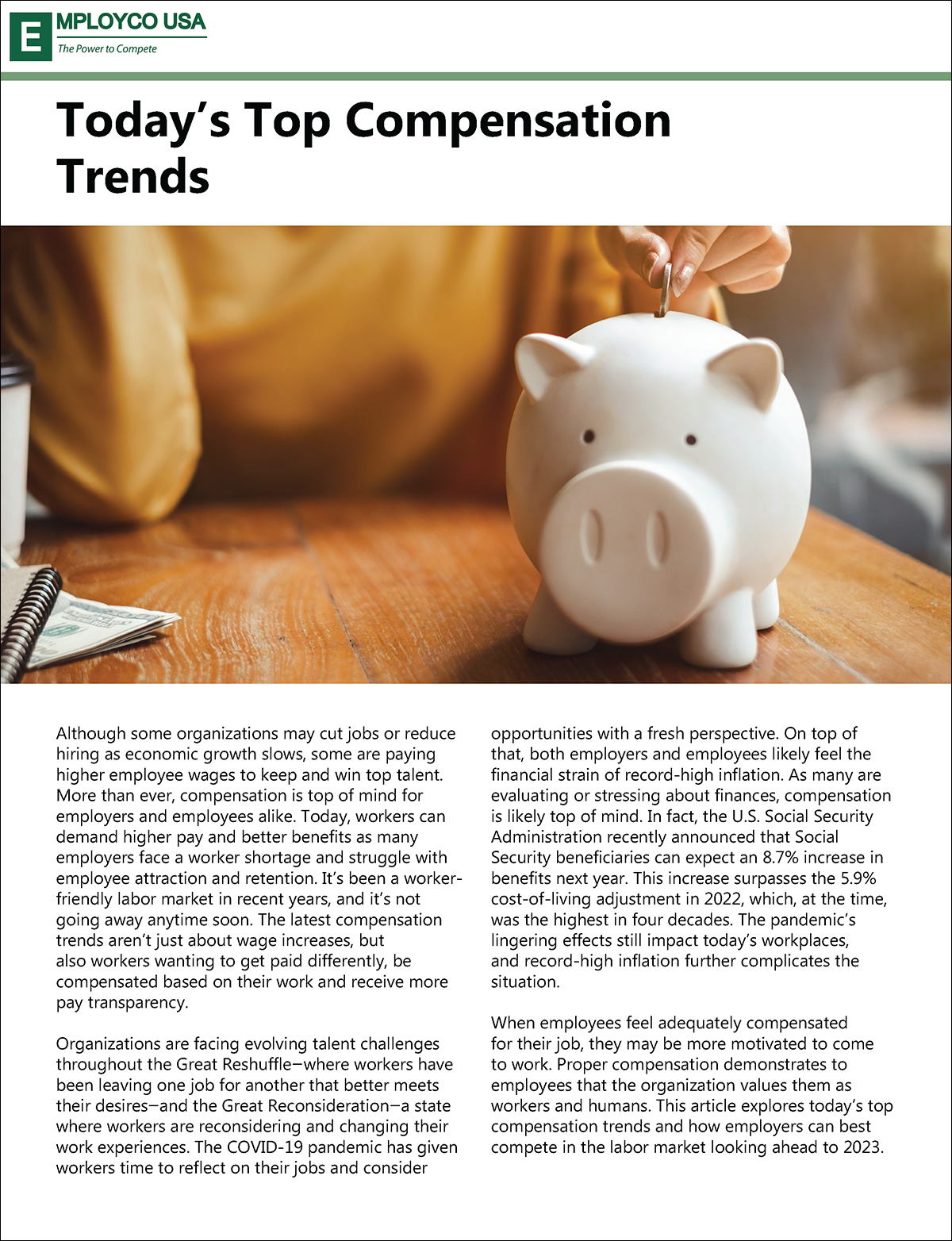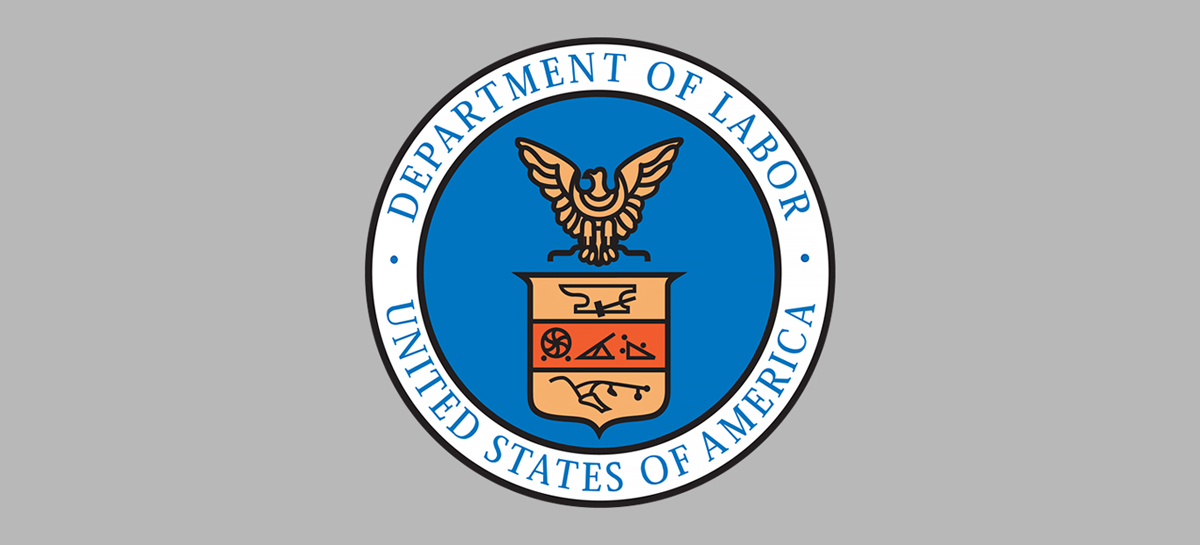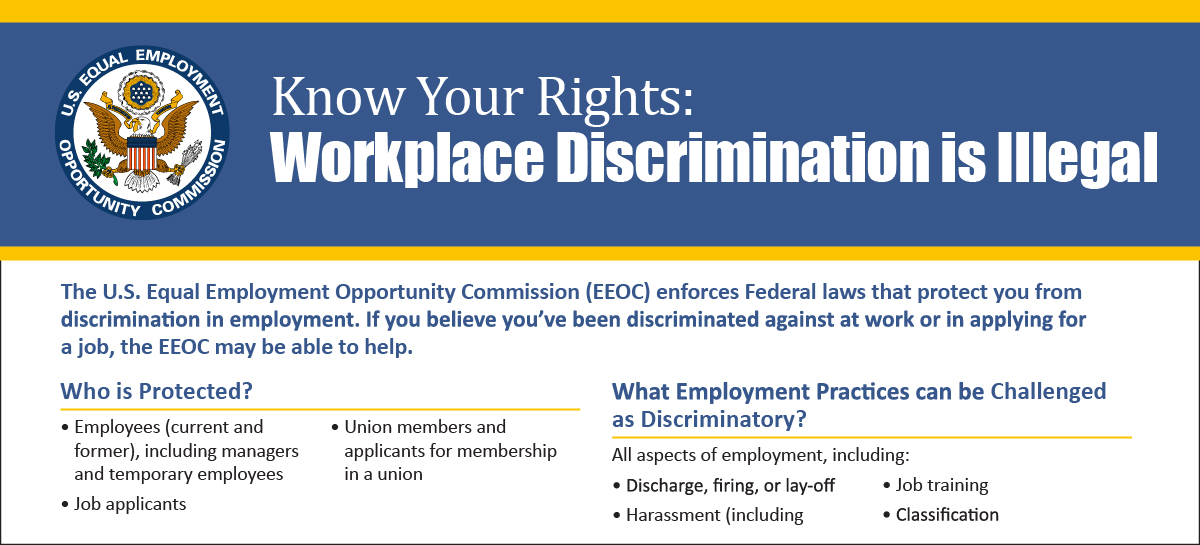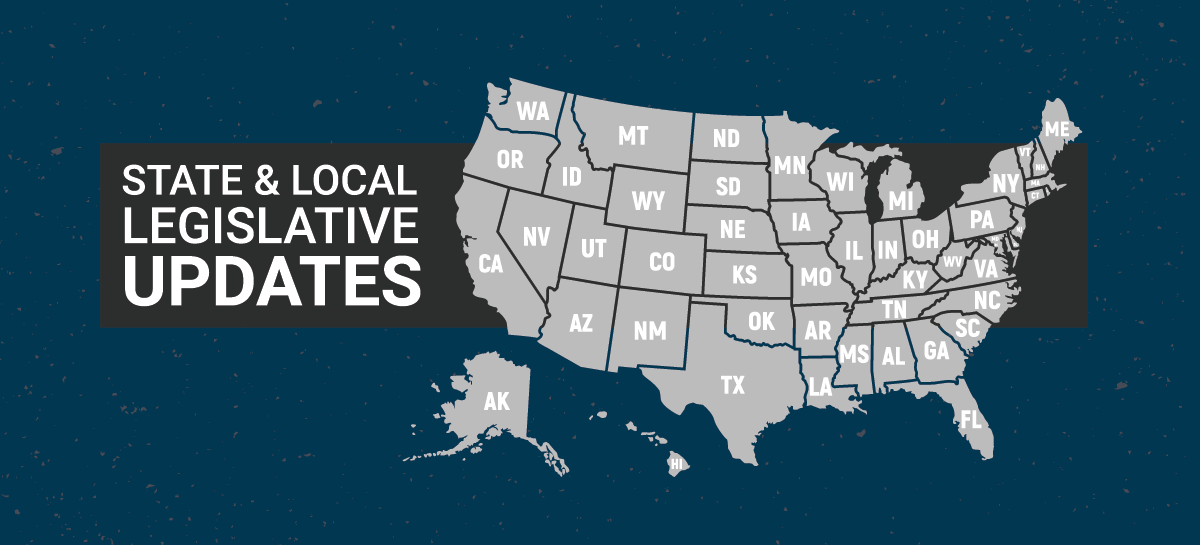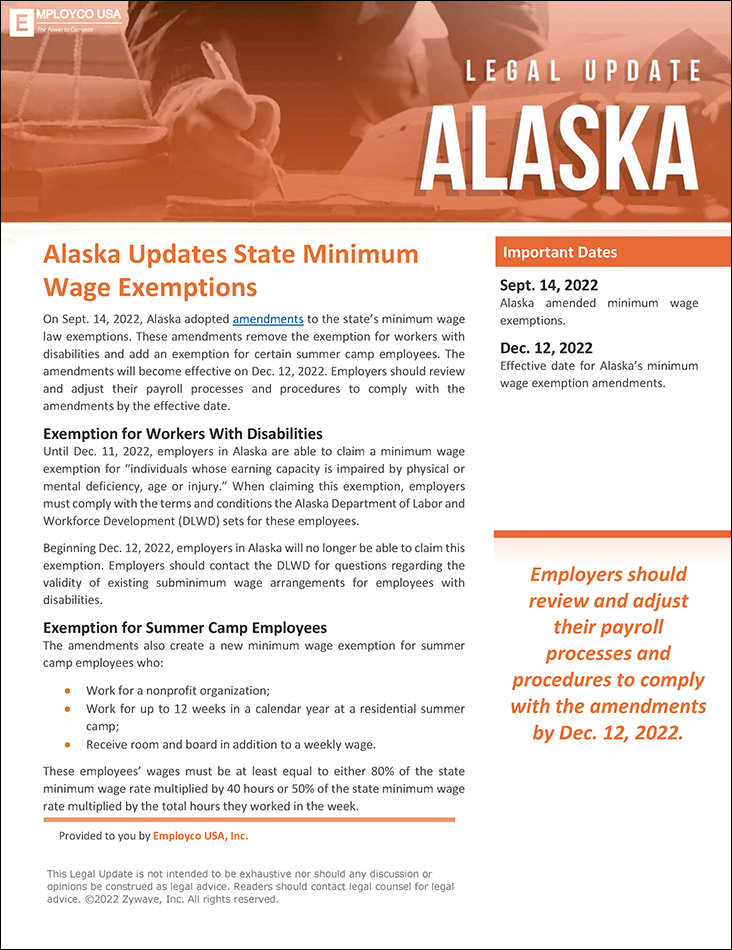
On Oct. 24, 2022, the 9th U.S. Circuit Court of Appeals held that call center workers can seek overtime compensation under the Fair Labor Standards Act (FLSA) for the time they spend booting up and shutting down their computers. This decision is now binding precedent in the 9th Circuit, which includes Alaska, California, Hawaii, Idaho, Montana, Nevada, Oregon and Washington.
Case Background – In this case, Cadena v. Customer Connexx LLC, the employer (Connexx) provided customer service and scheduling to customers over a “soft phone,” operated only through their employer-provided computers. At the time, Connexx agents used a phone program called “Five9,” an application that operates through employees’ computers rather than through a physical phone. Employees estimated that the average boot-up time was between 6.8 and 12.1 minutes. Once logged in, employees had to load various programs and scripts and confirm that their phones were connected and ready to accept calls.
